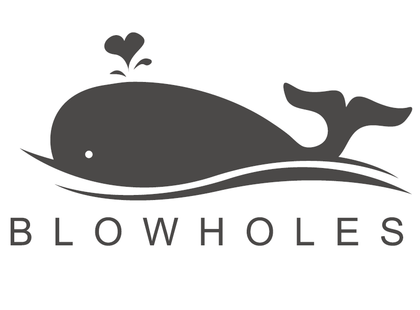Composting vs. Recycling: What's the Best Choice to Deal with Paper Waste?

Both composting and recycling offer viable solutions to reduce environmental impact, but each has its own set of benefits and best-use scenarios. Here’s an in-depth look at both processes to help determine which might be the best choice for dealing with paper waste.
Understanding Composting and Recycling
Composting involves the biological decomposition of organic materials by microorganisms under controlled conditions to produce compost. It’s a natural process that converts organic waste into a valuable organic fertilizer, beneficial for improving soil health and reducing waste in landfills.
Recycling, on the other hand, involves converting waste into new materials and objects. Paper recycling typically includes collecting used paper, processing it through various mechanical and chemical processes, and then turning it into new paper or other paper products.
Environmental Impact and Efficiency
- Resource Conservation
- Recycling: It reduces the need for raw materials. About 40% of the world’s commercially cut timber is used for paper production, and recycling can significantly cut down on this demand. Recycling paper uses less energy and water than producing new paper from trees and helps preserve forests and reduce habitat destruction.
- Composting: Composting doesn't directly reduce the need for raw materials but enriches the soil, which can decrease the need for chemical fertilizers. It also helps sequester carbon in the soil, contributing to carbon reduction.
- Energy and Water Use
- Recycling: Requires significant energy and water. Although recycling paper consumes 60% less energy than producing new from raw wood pulp, it still requires considerable amounts of water for the pulping process.
- Composting: Generally, requires minimal energy compared to recycling and helps retain water in the soil, which can reduce the need for irrigation.
- Pollution and Waste Management
- Recycling: Can lead to pollution due to the chemicals used in de-inking and bleaching processes. However, modern recycling facilities are increasingly efficient at minimizing emissions and wastewater.
- Composting: Results in zero chemical pollution, and by breaking down organic waste, it reduces methane emissions from landfills, a potent greenhouse gas.
Practical Applications and Limitations
Where Does Paper Waste Wind Up?
- Recycled Paper: Not all paper is recyclable. Paper towels, tissues, and paper soiled with food cannot be recycled and often end up in landfills. Recycled paper fibers also degrade in quality over time and can only be recycled 5-7 times.
- Composted Paper: Ideal for paper waste contaminated with food, like napkins and paper plates. Biodegradable products, such as our paper straws, are specifically designed to break down in compost conditions.
Making the Right Choice
The best method depends on the type of paper waste and local facilities:
- Office Paper Waste: Generally clean and free of contaminants, making it ideal for recycling. The plastic-free boxes for our straws are made with 100% recyclable paper and should be recycled.
- Restaurant and Food-related Paper Waste: Often contaminated with food and better suited for composting, if the paper is compostable. Our paper straws, once used, should be composted and not recycled.
Local infrastructure also plays a crucial role. If your local community has robust recycling programs but limited access to industrial composting facilities, recycling may be the more accessible and effective option. Conversely, if local facilities support composting, this might be the preferable route for food-related paper waste.
Conclusion
In conclusion, both composting and recycling have their merits and ideal use cases when it comes to managing paper waste. The choice between the two should consider the type of waste, the environmental impact, and local waste management infrastructure.
For more detailed information on recycling and composting processes, you might want to explore the Ontario Waste Management, or Inventory of Recycling Programs in Canada, which offer extensive resources and guidelines on best practices for managing waste responsibly.
- Kent Lin

Comments 0